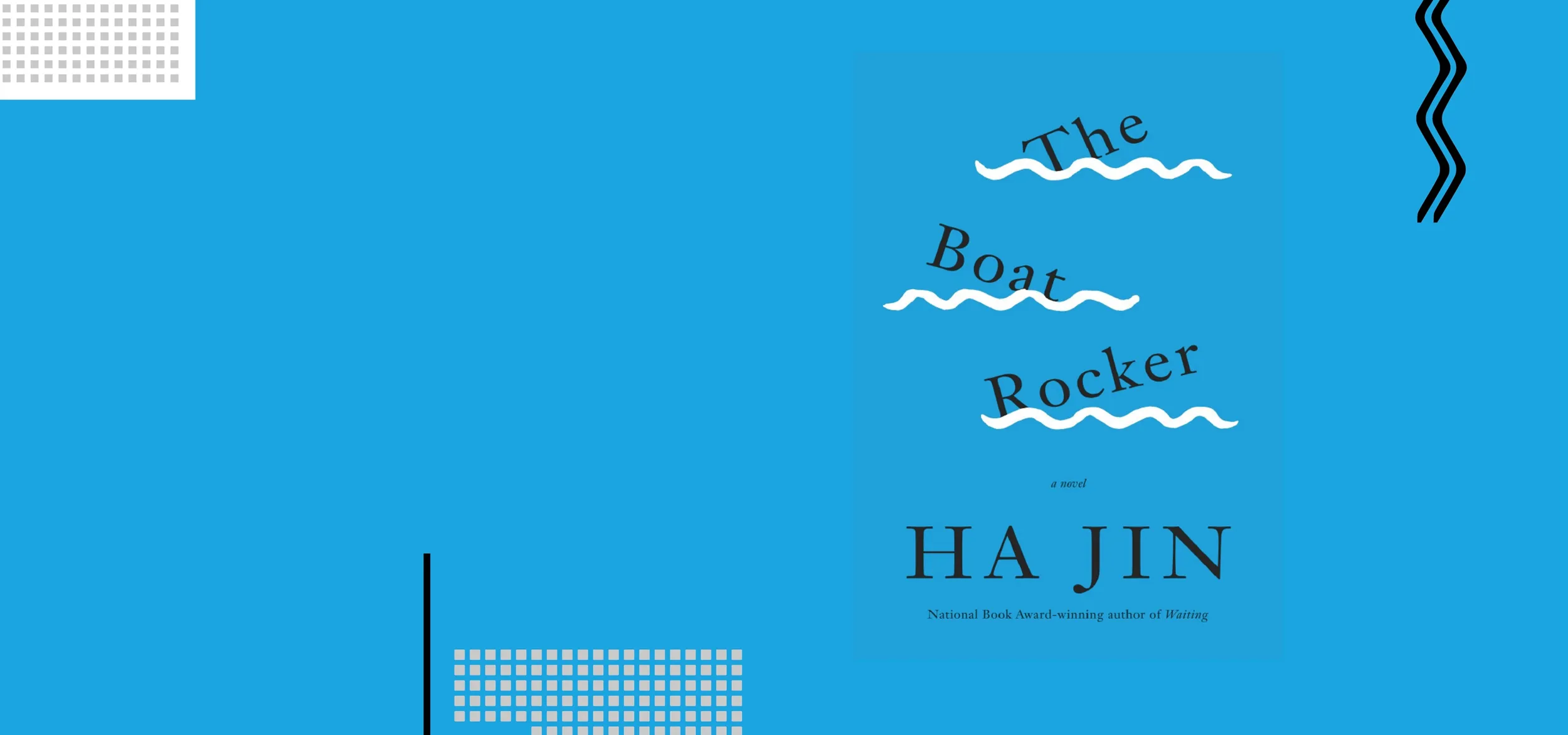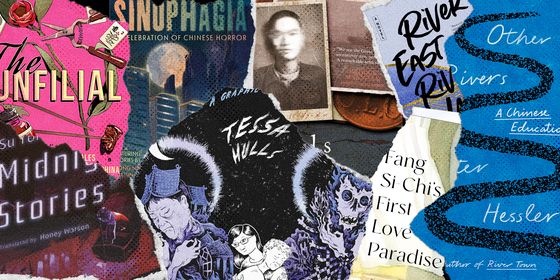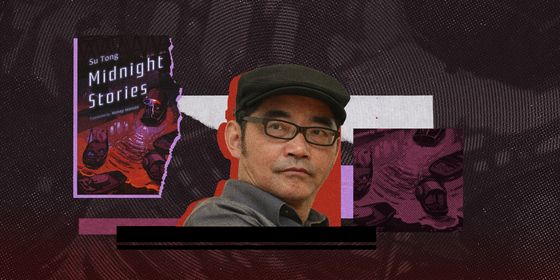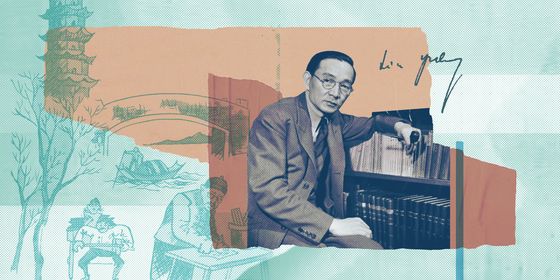The promise and disappointment of Ha Jin’s The Boat Rocker
There are a group of Chinese writers, or writers of Chinese heritage, that make bigger waves overseas than they do in China. Sometimes it’s because they have become naturalized and offer more to the Western or immigrant communities for which they write. Other times it is because it is “scar” literature, writing about an era many Chinese prefer to forget. On occasion, it is simply because they engage in politics or China-bashing that wears thin at home. Often it is because the books are simply banned.
Ha Jin is a mix of all this. Having won the Pen/Faulkner award twice, one of only four writers to do so, there is little doubt that Jin ranks as a fine novelist. Consequently, his latest book The Boat Rocker comes as a disappointment, being little more than an airport novel with occasional touches on themes of Chinese identity and the role of the Chinese state acting as censors of literature and news.
The book’s problem is not that it is a pot-boiler without much literary merit, or that it dares to take on big, complex themes facing modern China. It’s that a flimsy book of this nature is ill-suited to take on Jin’s more serious ideas, which are lazily clamped onto a dull, fanciful plot.
The book follows Feng Danlin, a Chinese immigrant to New York who works in the city as a journalist. Feng sees himself as a seeker of truth and a rocker of boats, as the title suggests—a journalist trying to right wrongs. However, it is hard to get behind Feng when for the bulk of the book he is on a one-man mission to take revenge on his ex-wife, Yan Haili.
Ostensibly he wants to attack his ex-wife because she is about to publish her debut novel Love and Death in September, and he is horrified by the great pre-publishing notices the book is getting. President George. W. Bush is rumored to endorse the book, which is getting fantastically hyped by foreign and Chinese publishers; there’s talk of a million-dollar Hollywood deal, and a book group supposedly wants Yan to get the Nobel Prize. Feng is miffed and sees something fishy in what he believes is fake publicity—he is largely right—and sets out to “rock the boat”: to find out why his ex-wife, a dreadful writer, is getting such good press
The book is mostly about Feng trying to expose his ex. On page one he calls her a bitch. On page two he calls her a bitch; on page three, he says, “I couldn’t wait to get even with her.” The sniping throughout the book never ends. Yan attacks back, calling her former husband, “a megalomaniac and psychopath who is too big for his britches.” Sadly, much of the book comes off as a tit-for-tat falling out between two teenagers that have made it their business to undermine each other in childish and often underhand fashions. At one point Yan tells Feng: “You ought to be rational about this, Danlin. What’s at stake here? It’s a romance novel—it’s not worth the time you’ve been spending on it.” Similar words could be said for The Boat Rocker.
A commercial novella examining the bitter fallout of a divorce and all its attendant obsessions could make for a rip-roaring read if you are into that sort of thing, but it is hardly a solid canvas for what you suspect are Ha Jin’s motives. Perhaps he could have written a serious novel to deal with his actual aims, a studied examination of the fault lines within Chinese society. Instead we are thrown a series of—often ham-fisted—off-cuts that feel like unfinished editorials.
The pot-shots at China come thick and fast, and they rarely offer much insight. Well-worn issues are splashed on the page constantly and in brief. We hear about scholars being banned from attending conferences in China for holding divergent viewpoints. We are told about the failings of the Chinese publishing industry: “You must have connections and you must bribe those who review your books and bribe the officials and bribe the pseudo-scholars who attend the book events.” Feng’s father tells his son, “This is a country that devours its people. Go live elsewhere and don’t mix with the Chinese.” A little later most of Feng’s work is blocked in Chinese cyberspace. He also has issues getting a visa to go back home after getting his American passport. It’s a paint-by-numbers list of gripes woven inexpertly into a novella, giving the book a minor identity crisis.
Many readers will be keen to eager to read this author at the top of his game, but this is not it. Ha Jin’s boat rocker fails to rock any boats because he is too interested in having a public spat with his ex-wife in print—hardly the stuff of Pulitzer Prizes. Ha Jin’s novella fails to hit any real high notes because it cannot find its footing as to whether it is an engaging page-turner examining a couple in hate, or a savage critique of the country. When you have one foot on the boat and the other on the shore, you often end up in the water, and The Boat Rocker does exactly that.
The Boat Rocked but the Earth Didn’t Move is a story from our issue, “Taobao Town.” To read the entire issue, become a subscriber and receive the full magazine.











